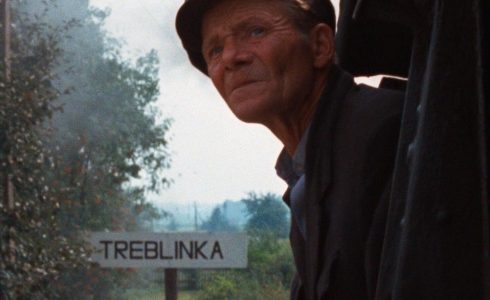
bernardinai.lt
The human-rights documentary film festival Nepatogus Kinas [Uncomfortable Cinema] is placibgspecial emphasis this year on the Holocaust. Many directors, film researchers and film historians continue to revisit the theme of historical memory and traumatic experience to this day. A retrospective called “Holocaust: Memory on the Silver Screen” is being organized with the Berlin-based film and video art institute Arsenal to digitize and restore film stock. The retrospective is being presented at Uncomfortable Cinema festival, the first opportunity for viewers in Lithuania to see the restored works. A conversation with film and video art institute Arsenal representative Gesa Knolle on Arsenal’s work and what memory on the silver screen means:
Looking at Lithuania, Germany and all of Europe, anti-Semitism as with any other form of xenophobia or racism is an important topic we need to discuss. How could it happen in 2008 that Jewish partisans were accused of World War II-era war crimes? And no charges have been laid against Lithuanians who collaborated with the Nazi Party? In German as in Lithuania anti-Semitism was widespread in the early 20th century. As Michael McQueen says, there was the aspiration that a “pure” Lithuanian people make up the state, and that was completely incompatible with the existence of the Jewish population in the country. Before the Nazis occupied Lithuania in 1941, the Jewish community in the state was a population of about 210,000 people. More than 95 percent of residents of Jewish origin were murdered during World War II. How was that possible?
Full story in Lithuanian here.


